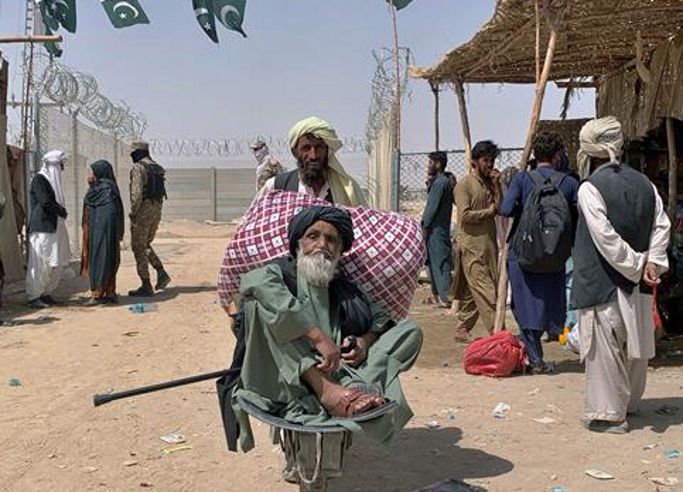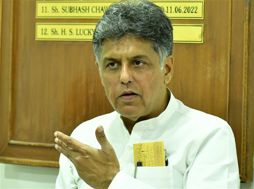
Photo for representational purpose only. - File photo
FOR a country that has hosted millions of Afghan refugees since the Soviet invasion of Afghanistan in 1979, the Pakistan government’s October 3 order was rather unusual. All undocumented foreigners were asked to leave or face expulsion. Of the more than 40 lakh Afghans living in Pakistan, nearly 17 lakh, the government says, have no papers. The crackdown has been attributed to a surge in violence by armed groups with roots in Afghanistan. Pakistan’s interim Interior Minister Sarfraz Bugti recently accused Afghans of being involved in organised crime and terrorism. Islamabad claims the mass expulsion will make the country safer, but domestic politics and worsening relations with the Taliban are probably driving the policy, helmed by the powerful military. A caretaker government, preparing for the February 8 elections, provides insulation from any internal or external blowback.
Pakistan has begun deporting refugees who missed the November 1 deadline. At least two lakh people have crossed the border voluntarily. The United Nations and human rights groups have sought a reversal of the decision, pointing out in particular that most returning girls and women won’t be able to attend school or go to work. Despite the criticism, Pakistan has announced plans to open processing centres for detainees before their deportation. The refugees have, apparently, become scapegoats as Pakistan weathers one of its worst economic crises and a resurgence of terrorism perpetrated by the Afghanistan-based Tehreek-e-Taliban Pakistan (TTP). It is evident that Taliban-led Afghanistan is not prepared to accommodate the huge influx. The country also faces global aid cuts. The expulsions could be the military’s ploy to compel the Taliban to act against the TTP.
With a humanitarian crisis imminent, the Taliban government has called for tolerance based on Islamic and neighbourly conduct. The irony of the developments in the neighbourhood is hard to miss.
Join Whatsapp Channel of The Tribune for latest updates.



























